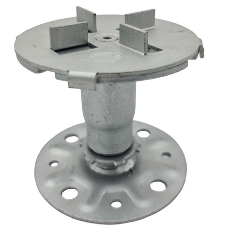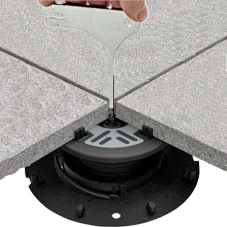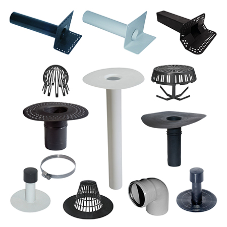New fire safety regulations and standards mean that objects deemed attached to a building, and this includes balconies, need to be non-combustible. This means high rise balcony construction requires Class A materials.
Therefore, all materials included on high rise balconies will need to be fully non-combustible, no ifs and no buts. This is why Wallbarn has designed, developed and produced the MetalPad Class A1 non-combustible fully adjustable pedestal.
BS 8579 Guide to the Design of Balconies and Terraces may be considered one of the regulatory responses to fires in residential multi-storey buildings, including The Cube in Bolton, De Pass Gardens in Barking and Worcester Park, south west London, but work on the standard began two years earlier than these 2019 blazes. Public consultation ended in March and the document is chalked up for release later this year.
However, are efforts to improve the fire performance of residential high-rise buildings creating a risk that fully tested, proven, quality – but not future compliant – building solutions may be replaced by untested and lower performance products?
Wallbarn believes so and we are already seeing how the anticipated publication of a new British Standard affecting a very specific part of the build process is sending ripples through the new-build high-rise sector.
The anticipated standard will support Approved Document B, which prohibits the use of combustible materials on new high-rise homes and will, we believe, underline that all construction elements of balconies and terraces located more than 18m above ground level must be non-combustible, including structural joists, flooring and suspension.
If Wallbarn is correct that means no wood, no plastic and norubber should be used on materials and objects laid onto balconies and some terraces at height. This should give manufacturers, architects, engineers, installers and other stakeholders proper certainty and form a basis of what safety parameters we all need to be operating to.
A number of experienced industry experts have been involved in the drafting of BS 8579 and we are confident that it will be relevant, comprehensive and effective.
Our sector - pedestal solutions which support suspended balcony and terrace decking and paving - is a good example of this. Traditionally pedestals were heavy duty plastic but to satisfy BS 8579 they will need to be metal.
Plastic pedestals will always have a place on low rise and ground level landscaping projects as well as roofing and podiums; but they are no longer an option in high rise balcony construction under the new regime. Therefore, stakeholders need to be sure they are selecting properly compliant and properly safe products.
Metalpad is 100% galvanised steel, so we are confident that this new product complies fully to the standard. With a solid stem these fully adjustable height pedestals can easily withstand over 1 tonne in weight each. They are manufactured with a large circular baseplate which is smooth on the underside, which means no digging into the surface beneath and no point loading.
There are zero plastic and zero rubber elements within these products which means we are sure of compliance.
We have heard of certain products containing plastic headpieces, which have been labelled “gaskets”. Similarly, they may use rubber discs between the bases and the balcony floor which are also described as ‘gaskets’. These “gaskets” should not be included, in our opinion.
Wallbarn is also very concerned about the quality and testing regimes of some metal pedestal solutions - specifiers and end clients need to ask themselves a number of questions including:
• Have these products been fully and properly tested?
• Have these products been designed for exterior applications or have they been adapted from other purposes?
• Do these products follow the principles that dictate design for the plastic support pedestals such as point loading, puncture risk etc. ?
• What is the provenance of some of these materials?
• How will they perform in the long-term in terms of loadings in exterior locations?
So, we know BS 8579 is coming, we have a fair idea what it might say but until publication we can’t be certain of its final contents or extent of scope. And this is creating a general sense of nervousness and caution; we are taking high volumes of calls from construction professionals, including architects and designers, confused about the current regulatory situation. Designers are unsure what products can and cannot be considered and we worry that there is a real risk of incorrect products being selected and inferior quality, non-compliant or even dangerous products being used in balcony constructions.
Architects and developers need to remember some of the perils from the past of using cheap plastic pedestals of unknown provenance on construction projects, where the plastic was poor quality, had been filled with additives and collapsed under high weights and shattered in sub-zero temperatures.
And, from many accounts clients are over-engineering the requirements rather than cutting corners or assuming or interpreting the standards out. We have heard reports of developers and main contractors removing materials from signed-off and completely compliant, legal projects to replace them with Class A systems, perhaps to satisfy insurers and mortgage lenders.
There are also stories that some developers are moving to install Class A across entire projects and not just above 18 metres. If true, it highlights the concern parties such as main contractors and developers have, with a general feeling that the new standard is going to be interpreted quite strictly. This is why we need to be absolutely sure that the industry is properly briefed to specify, supply and install fully compliant products and systems.
Safety is of prime importance and we do not want to be in the situation where, in our efforts to increase safety standards, we replace fully tested and compliant products with those that may not have been properly tested or are of a poorer quality.
Given that this issue centres around high rise outdoor structures industry concerns about product performance much be given serious consideration; system failure at height has the potential to have tragic consequences.
Increased fire standards call for informed specifications [BLOG]
| T | 0208 916 2222 |
|---|---|
| F | 0208 916 2223 |
| E | sales@wallbarn.com |
| W | Visit Wallbarn's website |
| Unit 16, Capital Business Centre, 22 Carlton Road, South Croydon, Surrey, CR2 0BS |


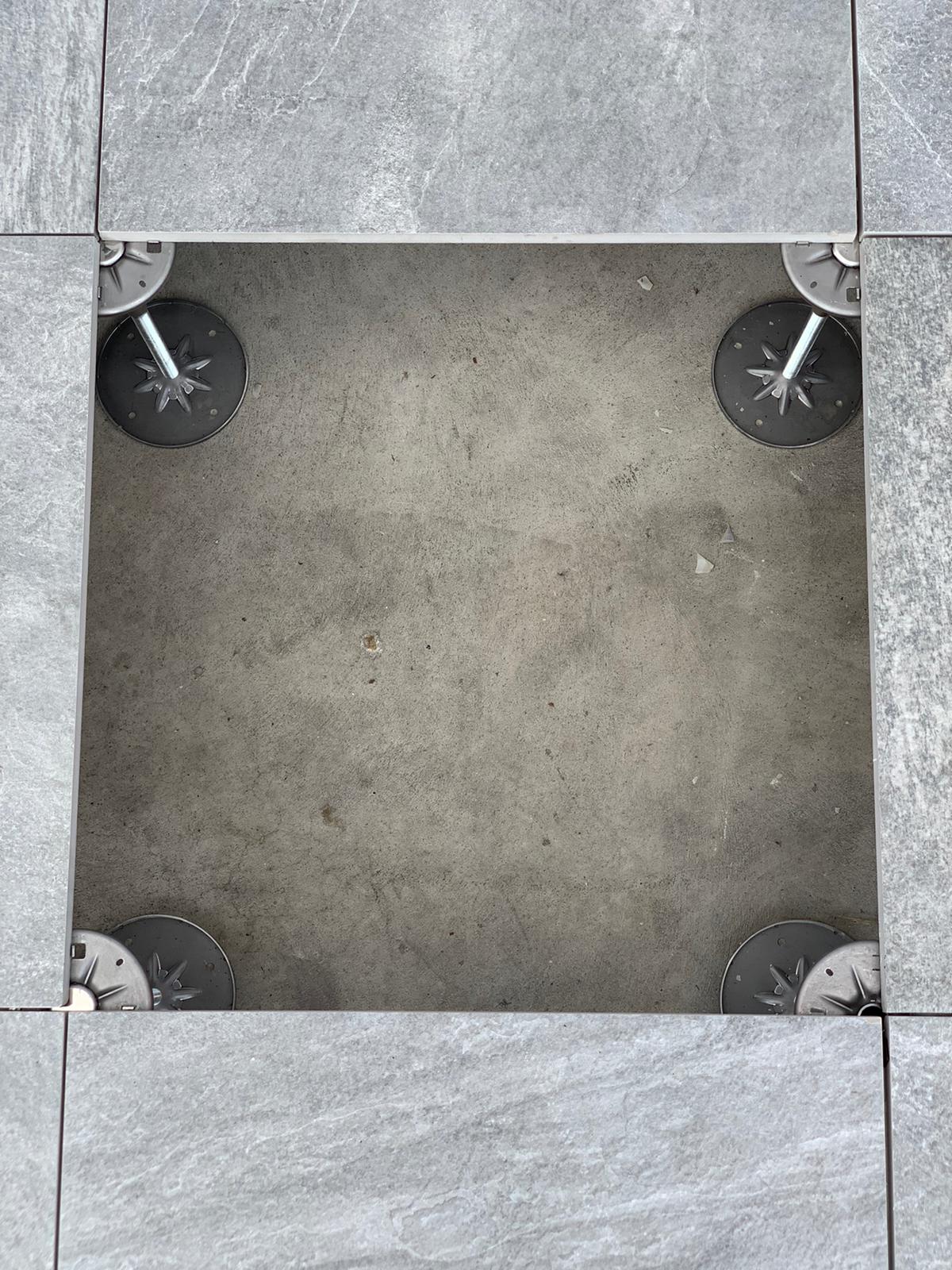
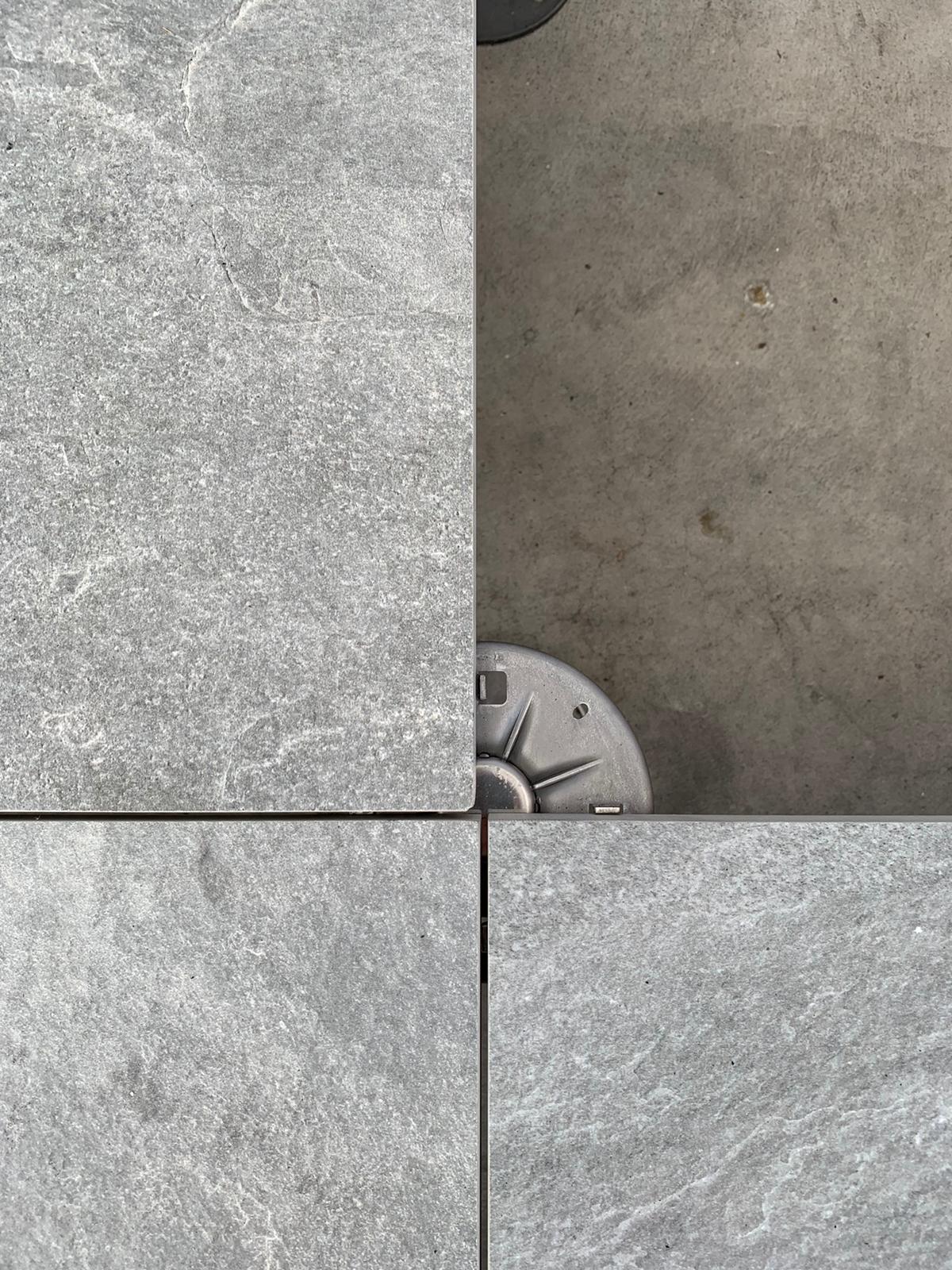
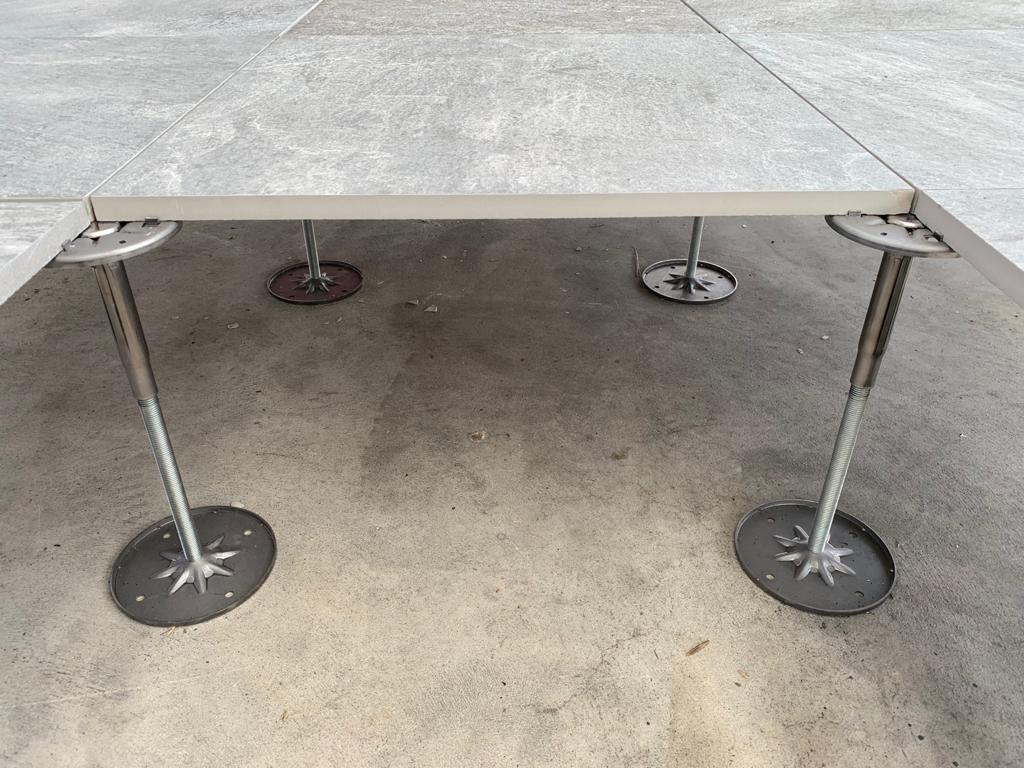


CROP227.jpg)
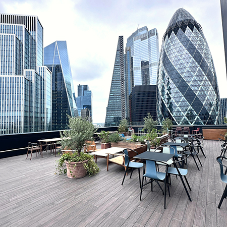
crop227.jpg)
